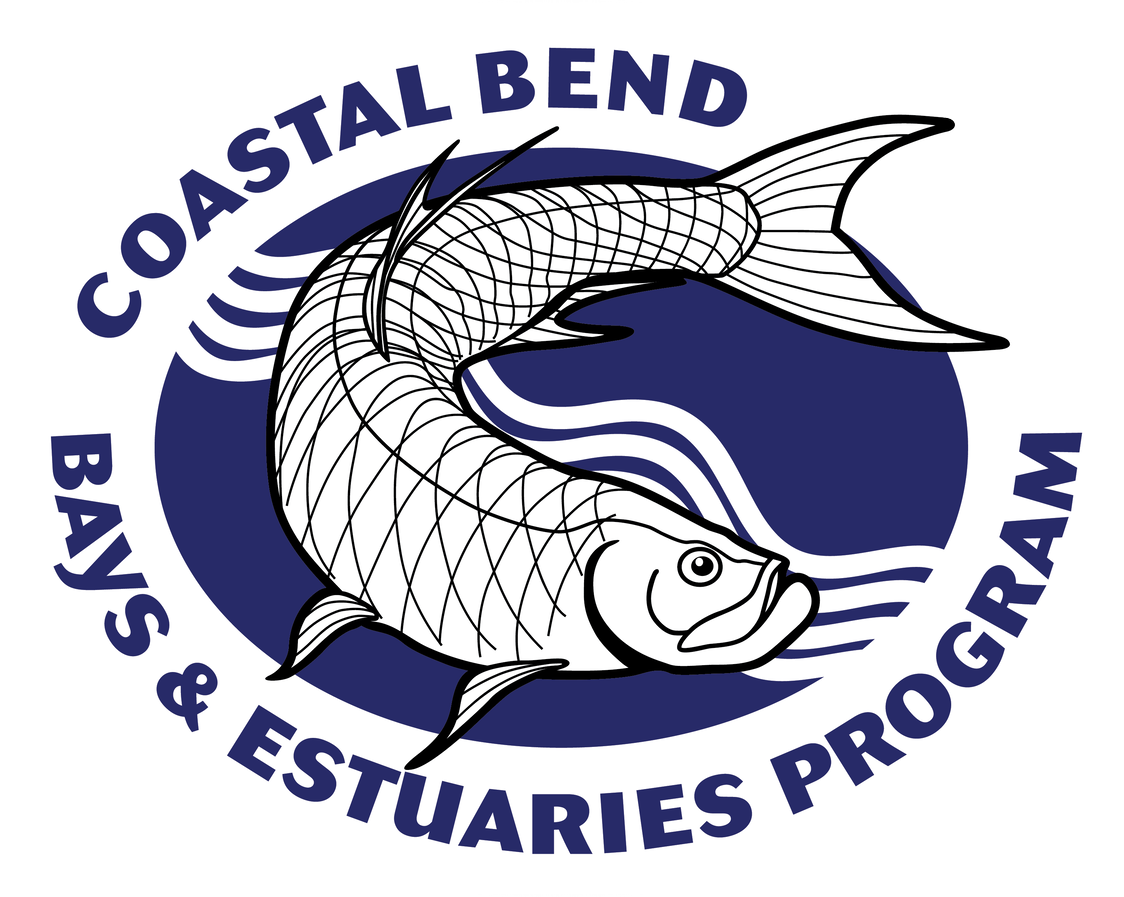The South Texas coast is one of the most unique areas in North America and is renowned for its exceptional bird life.
This is attributable to a suite of fortunate circumstances – its prime position in the central flyway and a crossroads for many migrants that span two hemispheres, the uniqueness and productivity of the barrier island/lagoon/coastal prairie habitats, and the protection afforded to these landscapes by federal and state entities as well as private landowners who maintain working landscapes that preserve critical ecological functions.
colonial waterbirds
The coastal bays are home to an entire guild of birds that are known for their beauty and were once hunted near to the brink of extinction. These birds – pelicans, herons, spoonbills, terns, skimmers and many others – made easy targets during the breeding season, when they gather in dense colonies on small islets in the middle of the bays and lagoons to breed. After legal protections at the turn of the 20th century assisted the birds in a strong recovery, the birds began to decline again in the latter half of that century. The Coastal Bird Program (a part of Coastal Bend Bays & Estuaries Program) originated with a project fifteen years ago, with the aim of halting and reversing regional declines in colonial-nesting waterbird populations. Since then, we have worked on over 100 islands throughout the Texas coast, while focusing most of our management efforts in the central part of the coast. We have worked to identify causes of declines, develop methods for addressing those causes, and engage the public by implementing successful outreach programs.
highly migratory birds
Conservation of highly migratory shorebird species has become an area of increased focus over the past five years. We have conducted numerous research projects on the abundance, distribution, nest success, habitat usage, migratory connectivity, and other aspects of this highly dynamic group of birds. These projects have been conducted both with in-house staff as well as in conjunction with national and international partners in Canada, Mexico and beyond. This level of coordination and cooperation among researchers and biologists is essential to foster conservation through a better understanding of habitat requirements throughout the full annual cycle.
To report injured birds in need of rescue in the Corpus Christi area contact:
The Amos Rehabilitation Keep (ARK) Hotline: (361) 749-6793
The Texas Sealife Center Hotline: (361) 589-4023

